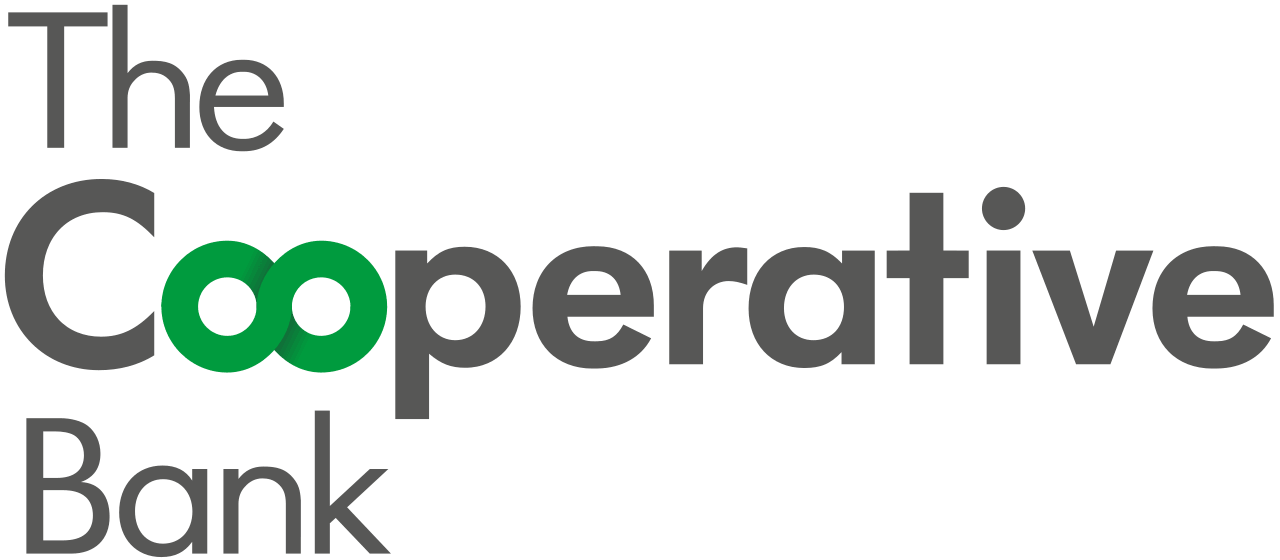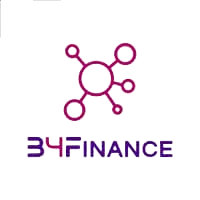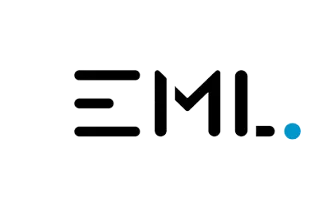Adverse Media Checks
Global & Reliable Adverse Media Screening

Trusted By:












Real-time Adverse Media Screening
Reliable and Global Media Coverage
Categorised Adverse Media Results

Cached Historical Media Links
Integrated PEP/Sanction and Adverse Media checks
Frequent Database Updates
Adverse Media Categories
Financial Crimes
Violent Crime
Terrorism
Fraud
Narcotics Crime
Cybercrime
Law Enforcement
Regulatory Enforcement
Property Crime
Trafficking
Sexual Crime
Benefits:

Improved Performance
Enhanced Security
Assured Compliance
Global & Regional Services

America
(Planned)
Germany
(Global Service)
Australia
(Global Service)
Indonesia
(Global Service)
Oman
(Regional Service)
South Africa
(Planned)
Current Deployments
Upcoming Deployments




Upcoming Deployments



Other Solutions
No real-time monitoring
Data is gathered and reviewed manually
Hard to navigate and problematic systems
Hidden fees and complex onboarding processes
Infrequent update of Watchlist Databases
Lack of API integration
Limited Coverage
Dated systems with inadequate filtering capabilities

MemberCheck Solution
Real-time risk monitoring
Watchlist Database created using Machine Learning and AI
Intuitive and accessible web interface
Transparent pricing with no hidden costs
Database is updated daily
Unlimited multi-user access at no additional cost
API integration capabilities
Global coverage of PEP/Sanctions and Adverse Media
Intelligent filters to reduce false positives
Request a DemoWhat is Adverse Media?
As the name implies adverse media, also referred to as negative media, is any sort of unfavourable or negative information found in a large range of sources. These sources can be traditional outlets, such as newspaper and websites or unstructured sources such as social media. Conducting business with persons or organisations who have an extensive profile of adverse media can present potential risk and will need to be managed to mitigate the risk.


Where does Adverse Media come from?
Adverse media can be generated from a range of different sources. These sources are, but not limited to, newspapers, blogs and radio. Increasingly, negative news can be generated through social media channels, forums and website posts.
Why Conduct Adverse Media Scans?
Checking for adverse media during the Know Your Customer (KYC) process is a critical step to protecting any entity from falling victim to money laundering and terror financing activities. Identifying and monitoring adverse media is compulsory in order to adhere to customer due diligence processes and various regional legislation.
If news breaks that a client of yours was linked to unethical activities such as money laundering or terrorism financing, you will need to be able to identify these stories as quickly and efficiently as possible and determine what the appropriate actions should be in order to manage your risk.
Sources of
Adverse Media
Traditional News Sources (Newspaper, Media)
Social Media (Facebook, Instagram, etc.)
International Databases
Blogs and Forums
























